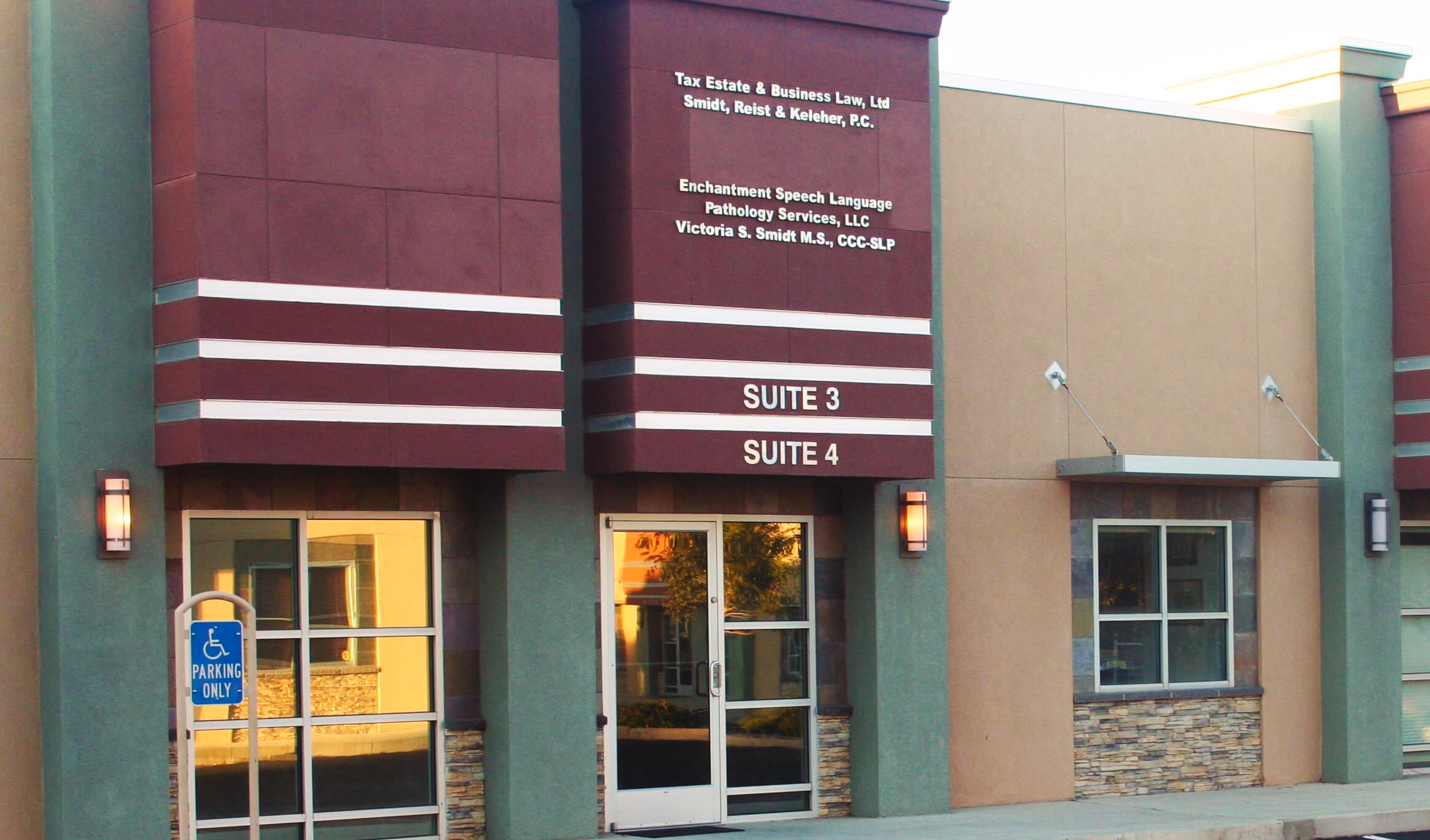Estate planning entails more than just signing a Will. A properly designed, executed and funded estate plan can reduce or avoid taxes, may avoid probate, and can direct not only who receives your property on your death, but how and when they receive the assets to best protect those assets for their future. The plan will include a Will, possibly a Revocable Trust, perhaps one or more irrevocable trusts, and perhaps non-probate transfers, including Transfer of Death Deeds, joint tenancy ownership, payable on death beneficiary designations, and other beneficiary designations. A complete estate plan will include Powers of Attorney for financial and health care decisions so that you, rather than a court, decides who will make decisions for you in the event you are unable to make such decisions. Such documents can obviate the need for conservatorship or guardianship proceedings in the event you become incapacitated. An Advance Health Care Directive allows you to advise your health care agent (the individual designated in your Power of Attorney for Heath Care) what you want done in the event you are suffering from a terminal illness or are in a permanent vegetative state. If you have minor children, a Will can direct who will take care of those children and act as guardians in the event of your death. A Living Trust or Testamentary Trust (a trust created by a Will) can establish the financial structure for caring for those children in the future in the event of your death. There are many components that go into estate planning and the process can seem daunting or overwhelming. We can walk you through the process and advise you of the various options available for your situation to make the process easier and more manageable. We can also help with drafting the documents, having them properly executed and witnessed, and help you to title assets and prepare beneficiary designations.



